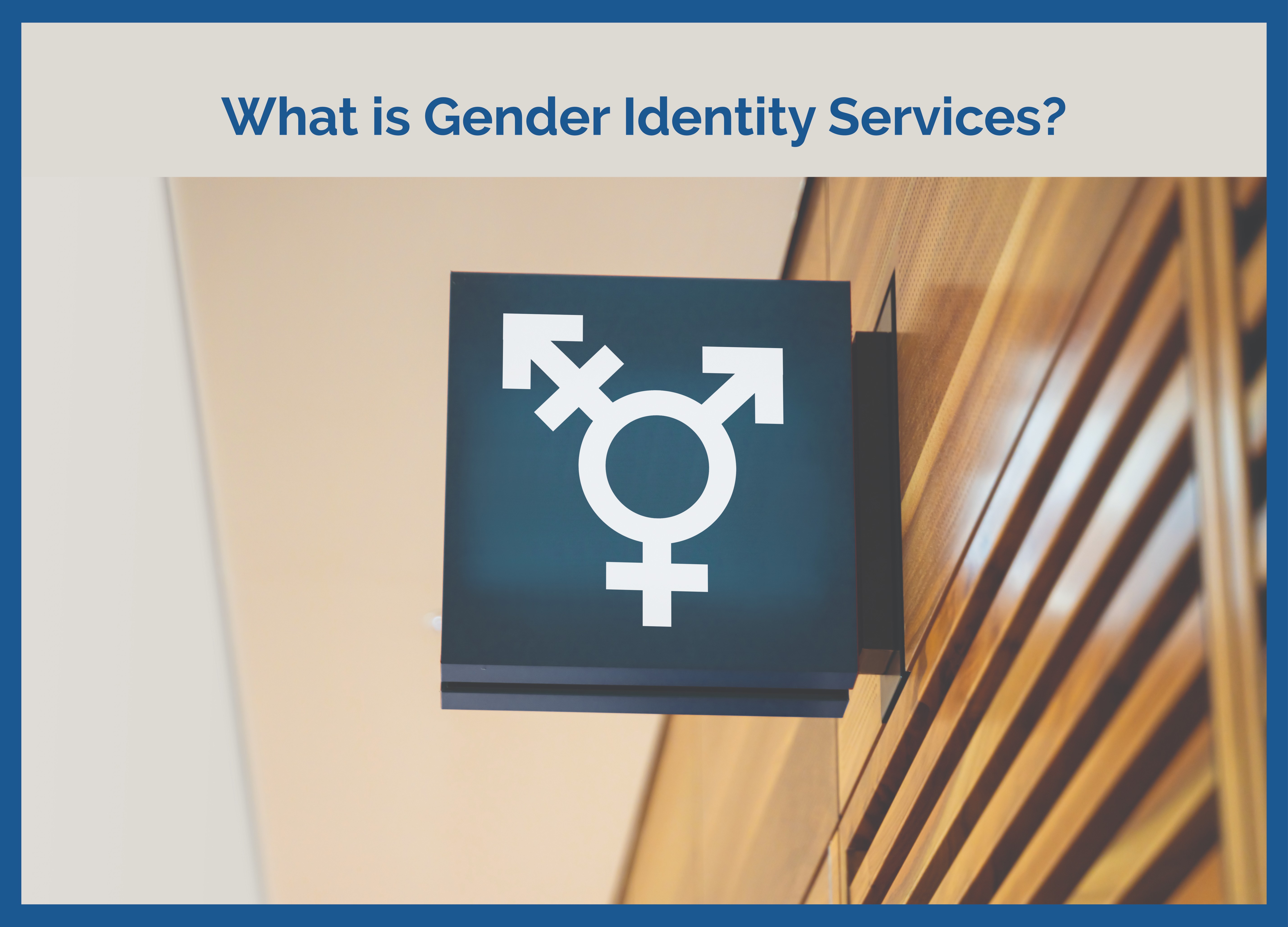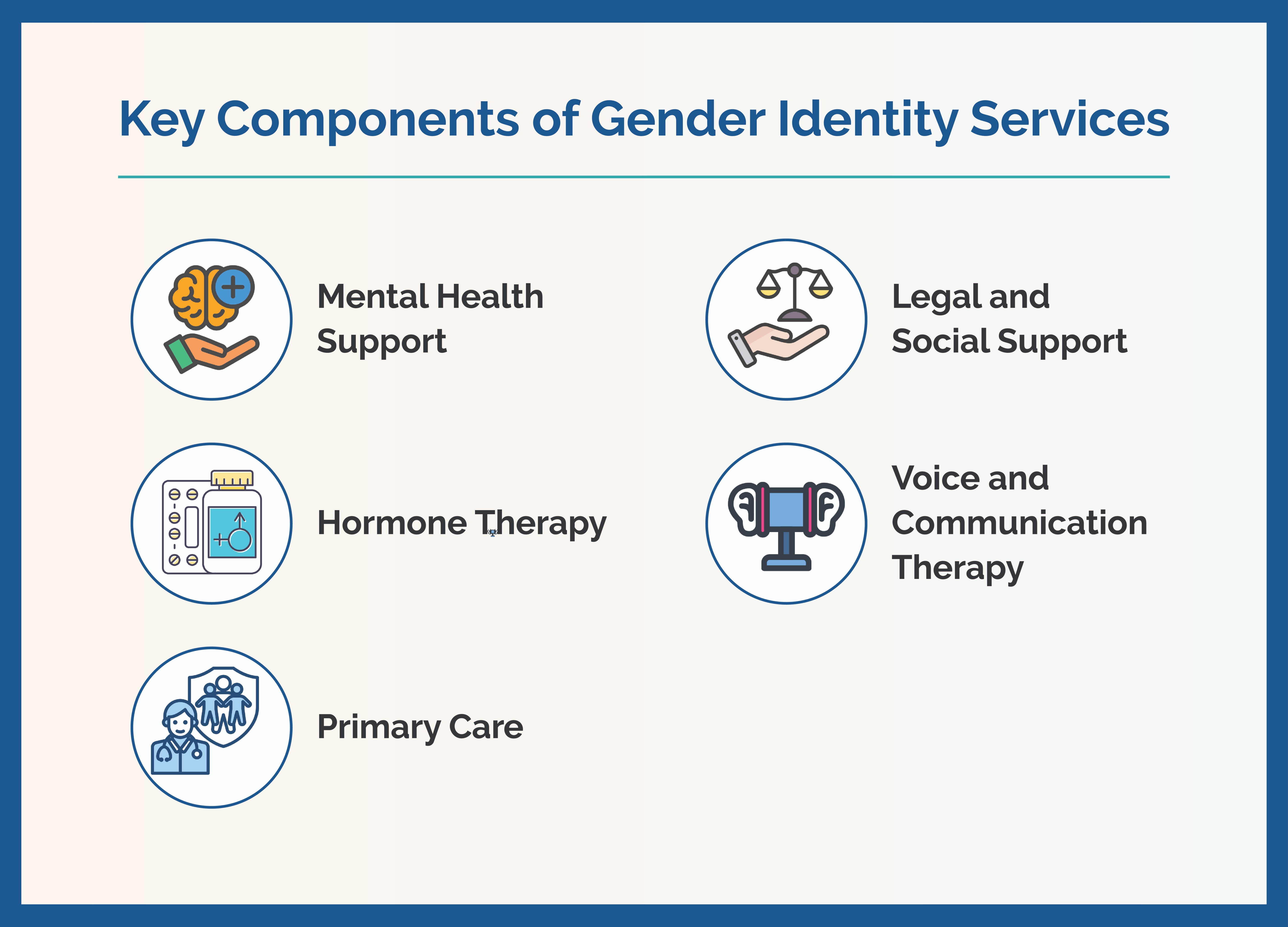Frequently Asked Questions (FAQs) about
Gender Identity Services:
What is the first step in accessing gender identity services?
The first step is usually to schedule a consultation with a healthcare provider experienced
in gender
identity care. This can be a general practitioner, a mental health professional, or a
specialized gender
clinic.
How do I know if hormone therapy is right for me?
Hormone therapy is a highly individualized treatment. A healthcare provider will assess
your overall
health, goals, and needs to determine if hormone therapy is suitable. This typically
involves a thorough
medical and psychological evaluation.
What are the risks and benefits of hormone therapy?
Benefits of hormone therapy can include
alignment of physical characteristics with gender identity,
improved mental health, and overall well-being. Risks can include potential side effects
like blood clots,
cardiovascular issues, and changes in bone density. Regular monitoring by a healthcare
provider is
essential to manage these risks.
Is surgery necessary for transitioning?
Surgery is not necessary for everyone. Transitioning is a personal journey, and while some
individuals may opt for surgical interventions, others may find that hormone therapy or
non-medical
changes suffice.
How can I find a qualified surgeon for gender-affirming surgery?
Look for surgeons with experience and positive patient outcomes in gender-affirming
procedures.
Referrals from your healthcare provider, recommendations from support groups, and
researching
accredited surgical centers can help in finding a qualified surgeon.
Are gender identity services covered by insurance?
Coverage for gender identity services varies by insurance plan and location. It’s important
to review
your insurance policy and consult with your provider to understand what is covered. Some
regions also
have laws mandating coverage for gender-affirming care.
How can I support a loved one who is exploring their gender identity?
Providing a supportive and non-judgmental environment is crucial. Educate yourself about
gender
identity issues, listen actively to their experiences, and encourage them to seek
professional support.
Joining support groups for friends and family can also be beneficial.
What legal protections exist for transgender individuals?
Legal protections vary by country and region. Many places have anti-discrimination laws
protecting
transgender individuals in areas like employment, housing, and healthcare. It’s important
to be aware of
local laws and advocate for equal rights.
What social support resources are available for transgender individuals?
Numerous organizations offer support groups, advocacy, and resources for transgender
individuals.
Examples include local LGBTQ+ community centers, national organizations like the Human
Rights
Campaign, and online communities.
How can I make my healthcare practice more inclusive for transgender patients?
Training staff on gender sensitivity, using inclusive language, and creating a welcoming
environment are key steps. Implementing non-discrimination policies and providing
gender-affirming
care options can also enhance inclusivity.

